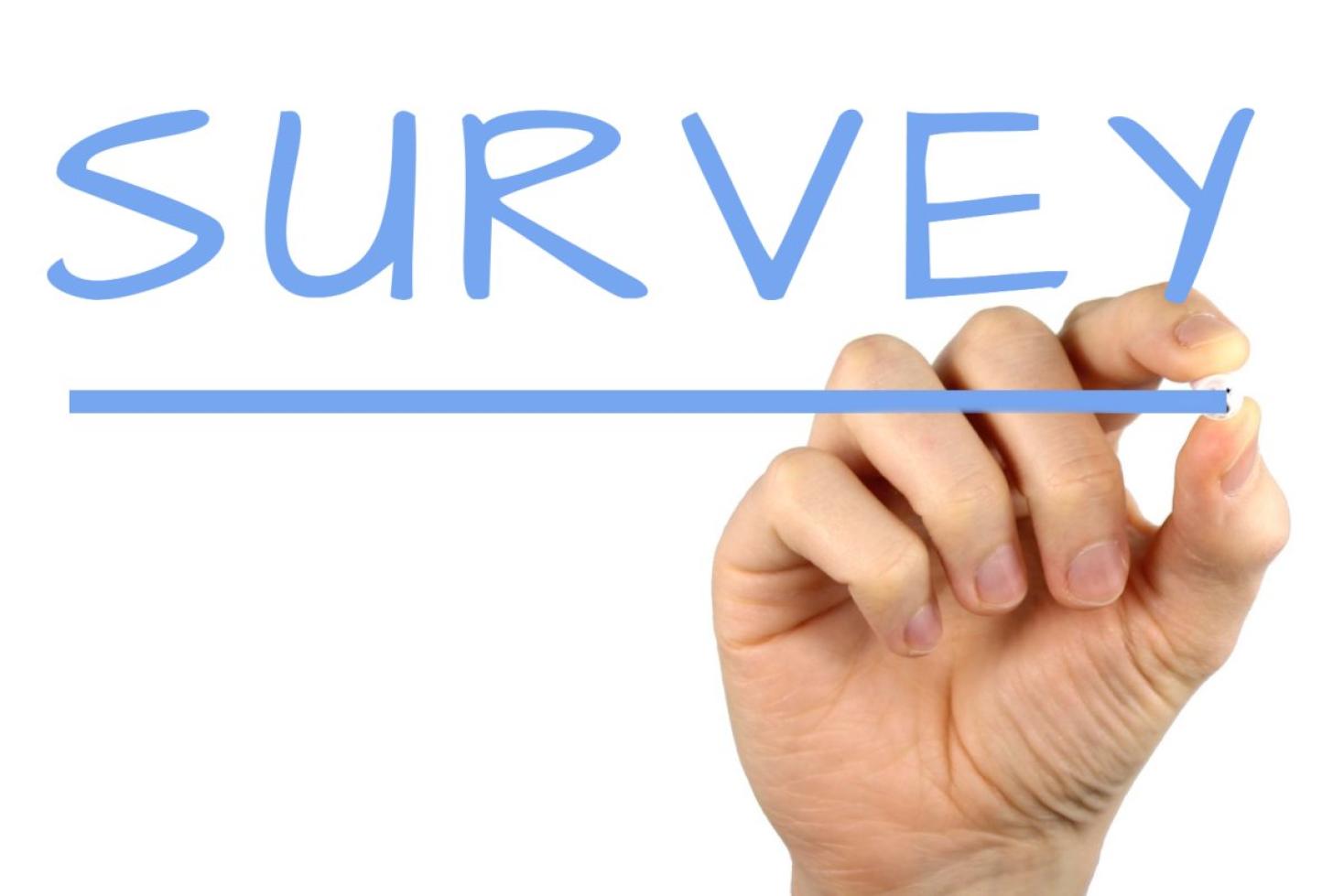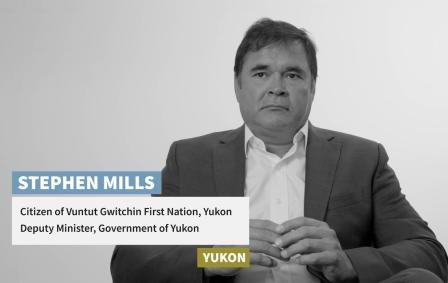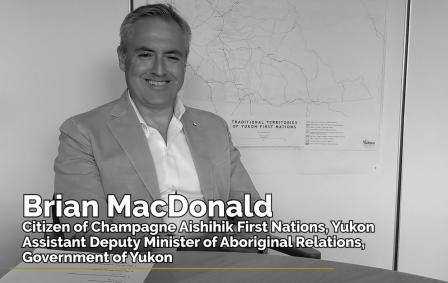Surveys on the Yukon Final and Self-Government Agreements

To inform the work of Mapping the Way, we commissioned two different household surveys to gauge Yukoners’ knowledge and support of the Final and Self-Government Agreements. The first survey took place in 2011 when Mapping the Way was just beginning and the second took place 10 years later in 2021.
The Yukon Bureau of Statistics conducted these surveys with the support of the Implementation Working Group and on behalf of the 11 Yukon First Nations, the Government of Yukon and the Council of Yukon First Nations.
Executive summary comparing results
From 2011 to 2021, the total per cent of respondents who felt ‘somewhat’ or ‘very knowledgeable’ about land claims and self-government decreased. Adults aged 18-34 are the least knowledgeable about land claims and self-government. Adults aged 55- 64 and 65+, government employees, males, non-Indigenous individuals with an Indigenous partner or child, Indigenous, and long term Yukoners were more likely to feel knowledgeable about land claims and self-government. Additionally, the topics of land claims settlements, First Nations law, and programs were more commonly understood by respondents, while mineral staking on settlement land and taxation were the most misunderstood topics.
Most respondents agreed that self-government is beneficial for First Nations and all Yukoners and that Yukon is a leader in self-government. Fewer people agreed that land claims and self-government improves social conditions in communities or that economic development is easier with agreements –which was the only topic to see a decline in agreement from 2011.
In the open-ended question section, the positive impacts of land claims and self-government agreements was the most discussed topic in 2021 and increased the most from 2011. The theme of land claims and self-government as a work in progress decreased the most from 2011. Very few respondents discussed empowerment or the negative impacts of the agreements.
The relevance of Yukon land claims and self-government to individuals’ work increased and was more likely to be relevant in the work of adults aged 65+, females, and government employees. The relevance of Yukon land claims and self-government to the personal lives of Yukoners increased and was more likely to be relevant in the lives of adults aged 55-64, respondents outside of Whitehorse, Indigenous, non-Indigenous with an Indigenous partner or child, and long term Yukoners.
In 2021, 23 per cent of Yukoners have heard about Mapping the Way and 33 per cent of those say it has contributed to the knowledge of land claims and self-government.


